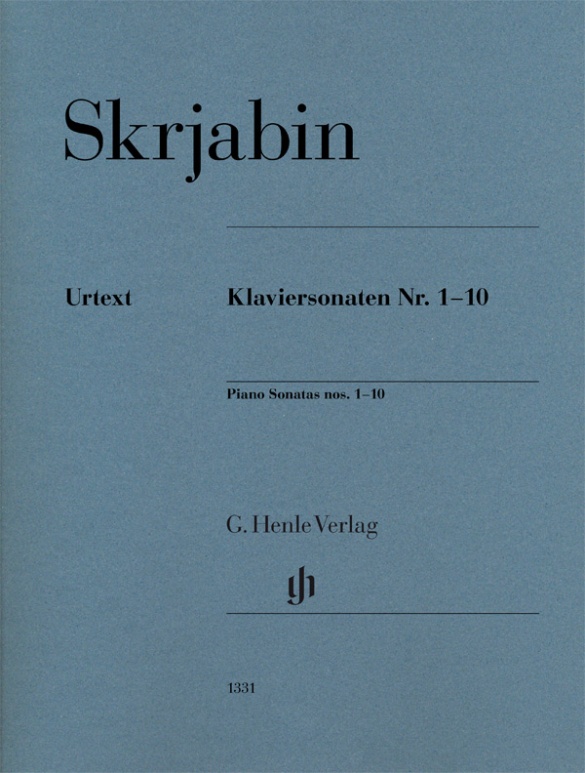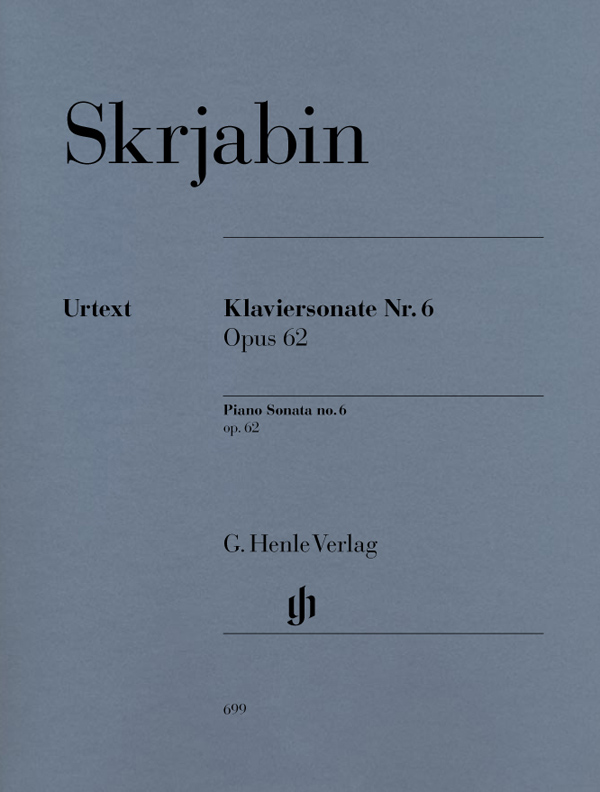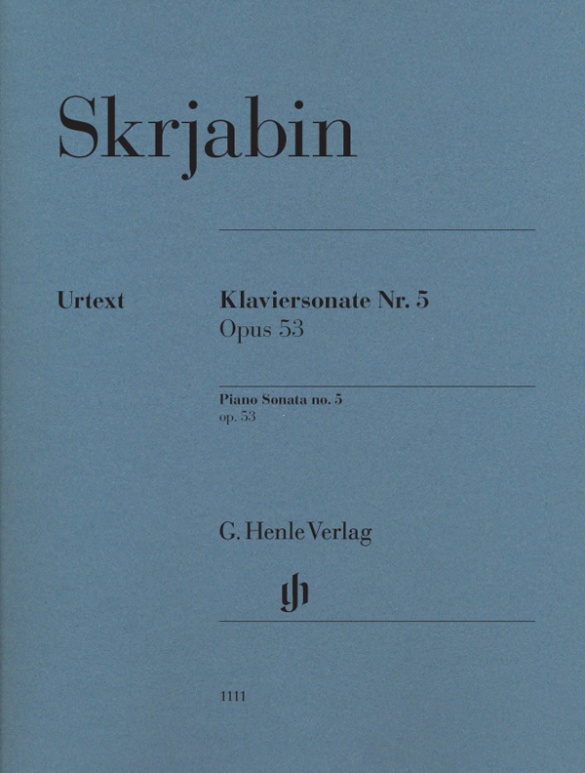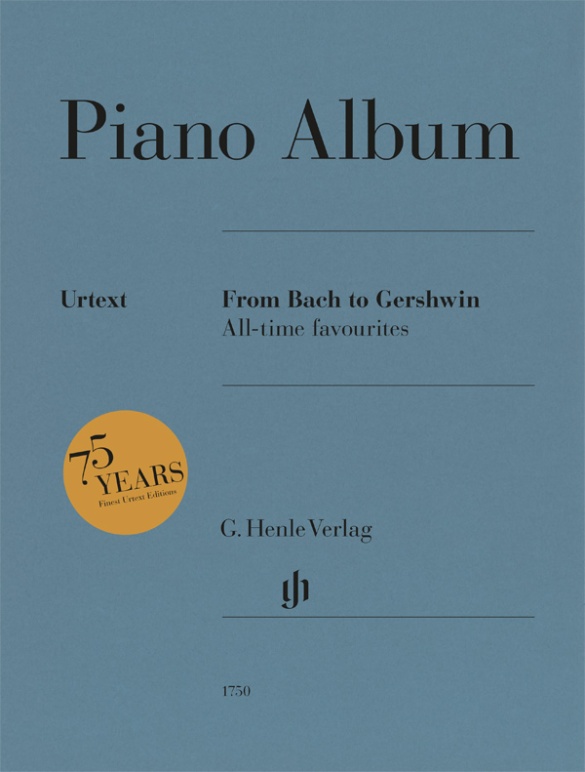Alexander Scriabin
Piano Sonatas nos. 1-10
In the years 2001–2014, G. Henle Publishers issued Urtext editions of the ten piano sonatas by Alexander Skriabin. The Skriabin specialist Valentina Rubcova from Moscow, the editor of these ten editions, studied all of the available sources for each work. In many cases, Henle’s were the first-ever Urtext editions, offering these highly complex musical texts in an immaculate, uncluttered, newly engraved format that was truly a landmark event! Whoever would like to study all these ten sonatas can now buy them in a single volume, enabling them to trace Skriabin’s development from his Romantic early oeuvre to his mystical late works. This is an edition that belongs in the library of every discerning pianist!Read more about this edition in the Henle Blog.
内容/詳細
作曲家について
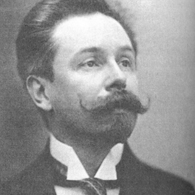
Alexander Skrjabin
Russian composer and pianist. The focal point of his oeuvre is his extremely unique piano music; in addition, he wrote important orchestral works.
| 1872 | Born in Moscow on January 6, the son of a pianist (his mother); she died in 1872. |
| 1888–92 | Piano studies at the Moscow Conservatory |
| 1888–96 | Twenty-four Preludes, Op. 11, containing all the hallmarks of Scriabin’s early period: broad, ornamental cantilenas underpinned by figurations and arpeggios in the style of Chopin, complex rhythmic structure from polyrhythms and syncopations. |
| 1892–1913 | Composition of ten piano sonatas. |
| 1896 | Travels to Paris, Vienna, Rome. |
| 1897 | Piano Concerto in F-sharp minor, Op. 20, in the style of Chopin. |
| 1897–1909/10 | He primarily composes orchestral pieces, including the major works “Le Poème de l’extase” (“The Poem of Ecstasy”) for large orchestra (1905–07), Op. 54, and “Prométhée ou Le Poème du feu” (“Prometheus or The Poem of Fire,” 1908–10); orientation toward Liszt and Wagner; programmatic music with occasional annotations in the musical score, incorporation of philosophical notions into his compositions, which are defined by various philosophical movements from around the turn of the century. Unusual intervals, harmonically at the edge of tonality. |
| 1899–1904 | Composition of his three symphonies, Opp. 26, 29, and 43. |
| 1904 | He resides in Switzerland. |
| 1906 | Invitation to the United States. |
| 1910 | Return to Russia. |
| 1908–10 | “Prométhée ou Le Poème du feu” for piano, orchestra, organ, choir, and clavier à lumière, Op. 60: enrichment of musical performance through plays of light. 1911–14, piano compositions, Opp. 61–74, with avant-garde harmonies. |
| 1913 | Beginning of the multisensory “Acte préalable” (“Prefatory Action”), which is never completed. |
| 1915 | Death in Moscow on April 27. |
校訂者や運指担当者について
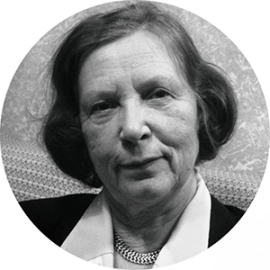
Valentina Rubcova (校訂)
Valentina Rubcova holds a doctorate in musicology, is editor-in-chief of the Moscow music publishing house “Muzyka – P. Jurgenson Publishing House” and deputy head of research at the Scriabin Memorial Museum Moscow.
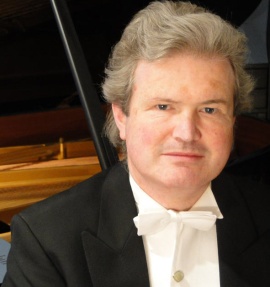
Michael Schneidt (運指)
Michael Schneidt, born in Munich, received his piano education at the Staatliche Hochschule für Musik und Theater in Munich, studying with Hugo Steurer and Klaus Schilde. He then completed his artistic state examination with distinction as well as his master-class diploma. He continued his education on a grant from the DAAD with Alessandro Specchi in Florence, also taking master-classes with Paul Badura-Skoda and Bruno Leonardo Gelber. Michael Schneidt has been a prize-winner at international piano competitions (1st prize Viotti-Valsesia, Italy), has done radio and TV broadcasts and also made CD recordings; he has also premiered many contemporary piano works. He has performed in Europe (e.g. at the Prague Spring International Music Festival and at the German Mozart Festival), in Japan and in South America.
Michael Schneidt is Professor of Piano at the Staatliche Hochschule für Musik und Theater in Munich. He has given master-classes in Germany, Switzerland, the Czech Republic and Japan, and is from time to time a member of the jury at music competitions.
製品安全に関する情報

G. Henle Verlag
製品の製造元に関する情報はこちらでご覧いただけます。G. Henle Verlag
Forstenrieder Allee 122
81476 München
info@henle.de
www.henle.com
Wer sich die Ausgabe zwecks Studium anschafft, wird mit einem angenehm weiträumig angelegten Druckbild belohnt, das an Deutlichkeit nichts zu wünschen übrig lässt. Vor allem bei den reichlich vertrackten späten Sonaten, deren Details sich oft erst bei der zweiten oder dritten Lektüre erschließen, ist man dafür außerordentlich dankbar.
Piano news, 2019Deze Urtext-uitgave biedt de kans om de transformatie van Skrjabins muziekstijl en zijn componeren in de jaren 1892-1913 stapsgewijs te volgen, belicht door Skrjabin-specialiste Valentina Rubcova, met de nadruk op de zoektocht van Skrjabin naar de verklanking van steeds nieuwe muzikale ideeën.
Pianist, 2020おすすめ
autogenerated_cross_selling
このタイトルを含む他の版
このタイトルを含む他の版


